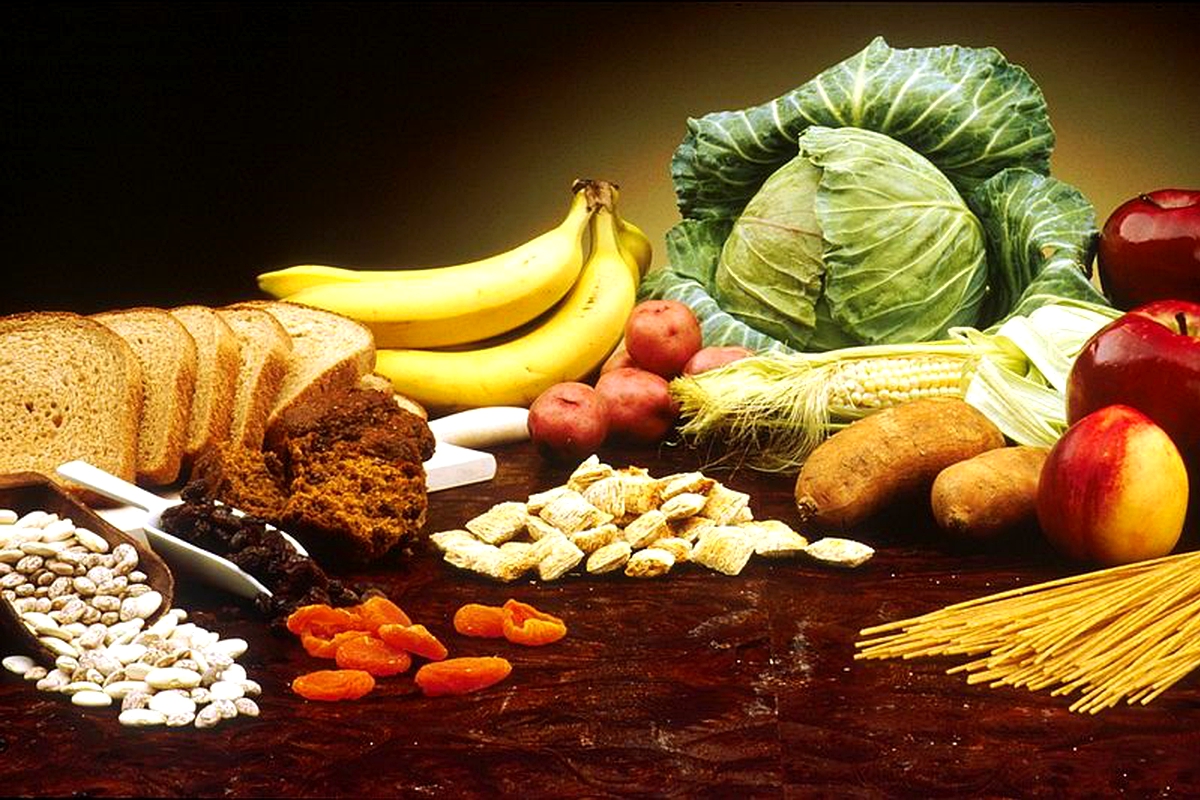GOOD nutrition is crucial for health, particularly in times of stressful illnesses like COVID-19, when the immune system might need to fight back.
society
Oct. 11, 2021
KABELO MASOABI
3 min read
Dietary tips from top nutritionist during COVID-19 pandemic

Story highlights
People who eat a well-balanced diet tend to be healthier with stronger immune systems.
Balanced meals also lower risks of chronic illnesses and infectious diseases, according to professional Health Nutritionist, 'Mabakoena Tlaka.
Giving out advice on maintaining a good health during the pandemic, she says limited access to fresh foods may compromise opportunities to continue eating a healthy and varied diet.
Ms Tlaka says that can also potentially lead to an increased consumption of highly processed foods, which tend to be high in fat, sugar and salt content.
"You should eat a variety of fresh and unprocessed foods every day to get the vitamins, minerals, dietary fibre, protein and antioxidants your body needs. Drink enough water. Avoid sugar, fat and salt to significantly lower your risk of overweight, obesity, heart disease, stroke, diabetes and weakening immune system," she explains.
However, the nutrition expert who is a Nutrition and Food Science graduate from the University of KwaZulu-Natal (South Africa), insists that people should always observe all other COVID-19 protocols because eating healthy alone won't prevent the spread of the virus.
"Most importantly, eat at home to reduce the rate of contact with other people to lower chances of being exposed to the pandemic. Droplets from infected people may land on surfaces and people’s hands (e.g. customers and staff), and with lots of people coming and going, you cannot tell if hands are being washed regularly enough, and surfaces are being cleaned and disinfected fast enough," she warns.
Continuing with her food tips, the nutrition consultant says water is essential for life because it transports nutrients and compounds in blood, regulates one’s body temperature, gets rid of waste, and lubricates and cushions joints.
Enjoy our daily newsletter from today
Access exclusive newsletters, along with previews of new media releases.
"Drink 8–10 cups of water every day. Water is the best choice, but you can also consume other drinks, fruits and vegetables that contain water, for example lemon juice (diluted in water and unsweetened), tea and coffee. But be careful not to consume too much caffeine, and avoid sweetened fruit juices, syrups, fruit juice concentrates, fizzy and still drinks as they all contain sugar," she indicates.
She further recommends the consumption of unsaturated fats found in fish, avocado, nuts, olive oil, sunflower and corn oils, rather than saturated fats found in fatty meat, butter, coconut oil, cream and cheese for example.
"Choose white meats like poultry and fish, which are generally low in fat, rather than red meat. Avoid processed meats because they are high in fat and salt. Where possible, opt for low-fat or reduced-fat versions of milk and dairy products.”
She adds, "Avoid industrially produced trans fats. These are often found in processed foods, fast foods, snack foods, fried foods, frozen pizza, pies, cookies, margarines and spreads. Choose fresh fruits instead of sweet snacks such as cookies, cakes and chocolate."
Tailored for you






